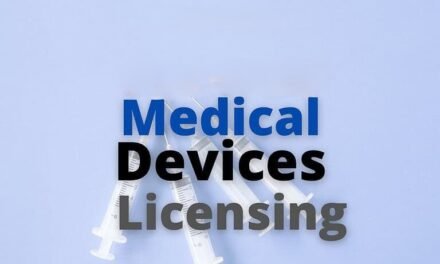
Do you offer dedicated account management for Medical devices ?

Role of Dedicated Account Managers in Medical Device Companies
- Customer Relationship Management
- Single Point of Contact: Account managers act as the primary point of contact for customers, providing a personalized service experience. They address customer needs, resolve issues, and streamline communication between the company and the customer.
- Building Relationships: They focus on building long-term relationships with clients, understanding their unique needs and challenges, particularly in adapting to technological advancements and regulatory changes.
- Customized Service and Support
- Tailored Solutions: Account managers work to understand the specific requirements and constraints of their clients, ensuring that the products and services offered meet the customer’s individual needs, whether it’s for standard products or customized innovations.
- Training and Education: They often coordinate training sessions for clients on new products or technologies, ensuring that the client’s staff is well-informed and proficient in using the devices.
- Sales and Marketing Support
- Product Introduction: Introduce new products and upgrades to existing clients, providing detailed information and demonstrations to facilitate adoption.
- Feedback Loop: Gather customer feedback on products and services, which is crucial for ongoing product development and improvement. This feedback is relayed to the R&D and marketing teams to align product development with customer needs.
- Regulatory Compliance and Advisory
- Regulatory Guidance: Given the heavily regulated nature of the medical device industry, account managers provide guidance on regulatory issues, helping customers navigate complex compliance requirements that may affect the purchase or use of medical devices.
- Updates on Changes: Keep customers informed about significant regulatory changes that might impact their operations or the use of the devices.
- Logistics and Operational Support
- Order Management: Oversee the processing of orders, delivery schedules, and potential returns or repairs. Account managers ensure that logistical operations align with customer expectations and contractual agreements.
- Supply Chain Coordination: Work closely with supply chain and production departments to ensure product availability and timely delivery, particularly in managing expectations during supply chain disruptions.
- Problem Resolution and Crisis Management
- Issue Escalation: Serve as an escalation point for resolving critical issues that affect customer satisfaction. This includes coordinating with technical support, quality assurance, and other departments to address and resolve product issues or complaints swiftly.
- Crisis Communication: In case of recalls or other crises, the account manager plays a key role in communicating with the client, managing the situation to maintain trust and ensure continuity of care.
- Reporting and Analysis
- Performance Reviews: Conduct regular reviews with clients to discuss performance metrics, service levels, and future needs. These reviews help in strategic planning and in reinforcing the value provided by the company’s products and services.
- Contract Renewals and Negotiations: Manage contract renewals, negotiations, and ensure that service agreements continue to meet the evolving needs of the client.
Dedicated account management is a critical component in the medical device industry, enhancing customer loyalty, ensuring satisfaction, and ultimately contributing to the health and well-being of end-users. Companies that invest in strong account management teams are often better positioned to respond to market changes and maintain a competitive edge.




























